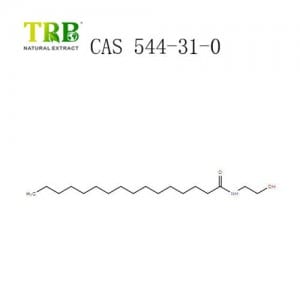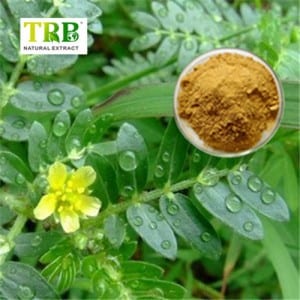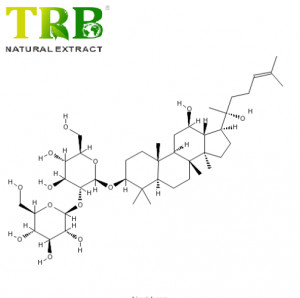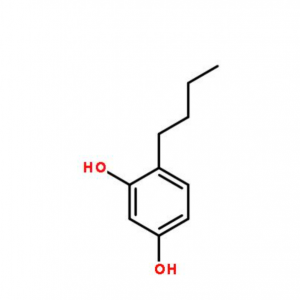Product Name:Palmitoylethanolamide
Other Names:Hydroxyethyl palmitamide,N-Palmitoylethanolamine,Palmidrol
Assay:99%
CAS No.:544-31-0
Molecular Weight: 299.5
Molecular Formula: C18H37NO2
Appearance:White Fine powder,PEA Mrico,PEA Granule
Particle Size: 100% pass 80 mesh
GMO Status:GMO Free
Packing: in 25kgs fiber drums
Storage:Keep container unopened in cool, dry place,Keep away from strong light
Shelf Life:24 months from date of production
Palmitoylethanolamide (PEA) Supplement: Natural Anti-Inflammatory & Neuropathic Pain Support
Introduction
Palmitoylethanolamide (PEA) is an endogenous fatty acid amide naturally produced in the body and found in foods like eggs, soybeans, and spinach . It has gained attention for its anti-inflammatory, analgesic, and neuroprotective properties, supported by preclinical and clinical research. This supplement is formulated to support chronic pain management, neuropathic conditions, and inflammatory responses, adhering to high-quality standards with certifications like GMP .
Key Benefits & Mechanisms of Action
- Anti-Inflammatory & Pain Relief
- PEA modulates inflammation by interacting with peroxisome proliferator-activated receptor alpha (PPAR-α) and GPR55 receptors, reducing pro-inflammatory cytokines and mast cell activation .
- Clinical studies demonstrate efficacy in conditions like sciatica, failed back surgery syndrome, and irritable bowel syndrome, with reduced pain perception .
- Neuroprotection & Mood Support
- PEA enhances endocannabinoid signaling (e.g., increasing 2-AG levels) and promotes macrophage efferocytosis, aiding in nerve repair and neuroinflammation resolution .
- A randomized trial showed significant improvement in manic symptoms (assessed via YMRS) compared to placebo, indicating potential mood-stabilizing effects .
- Safety & Tolerability
- PEA is well-tolerated with minimal side effects (e.g., mild dizziness in <20% of users) . It is classified as a dietary supplement in Europe (300–600 mg tablets) and the U.S., suitable for long-term use .
Product Specifications
- Formulations: Capsules (400 mg), powders, and creams for oral/topical use .
- Recommended Dosage: 300–1200 mg daily, divided into 2–3 doses. Consult a healthcare provider for personalized guidance .
- Storage: Store in sealed containers at -20°C (powder) or -80°C (solubilized forms) to maintain stability .
Clinical Evidence Highlights
- Chronic Pain: A meta-analysis of 1,294 patients showed PEA significantly reduced pain scores in neuropathic and inflammatory conditions .
- Atherosclerosis: Animal studies revealed PEA attenuates plaque formation by promoting anti-inflammatory macrophage phenotypes .
- Ocular Health: Improved endothelial function in ocular hypertensive patients, suggesting vascular protective effects .
Safety & Precautions
- Contraindications: Avoid in pregnancy/breastfeeding and egg allergies (due to potential egg-derived formulations) .
- Drug Interactions: No significant interactions reported, but consult a physician if using immunosuppressants or NSAIDs .
Ordering Information
- Packaging: Available in 10 mg to 500 mg options, with bulk discounts for research or clinical use .
- Global Shipping: Dispatched from U.S., EU, or China warehouses within 1–8 business days .
Why Choose Our PEA?
- Purity: ≥98% purity verified by GC/HPLC .
- Research-Backed: Supported by over 50 peer-reviewed studies, including trials published in Pain and British Journal of Pharmacology .
- Customer Assurance: Accredited by the Better Business Bureau (BBB) with 24/7 expert support







